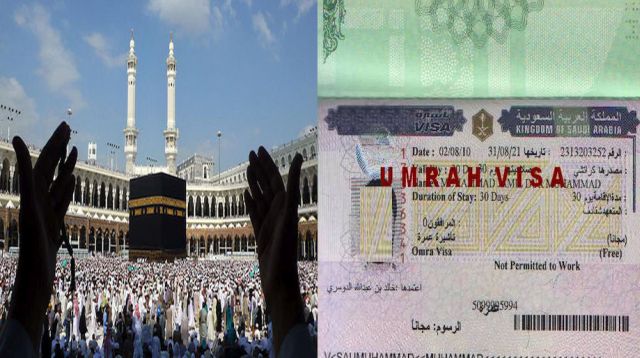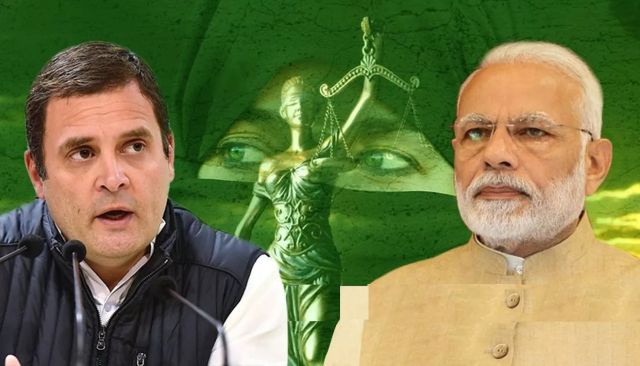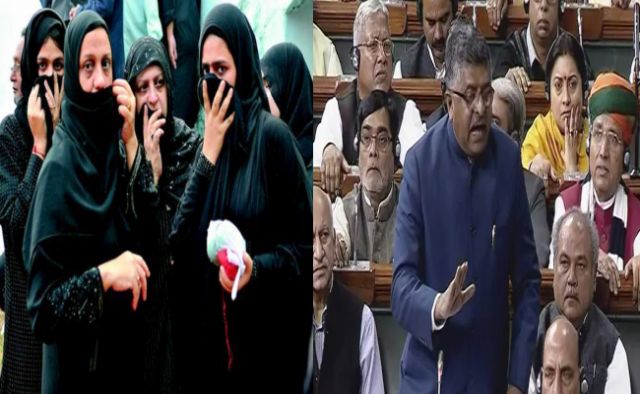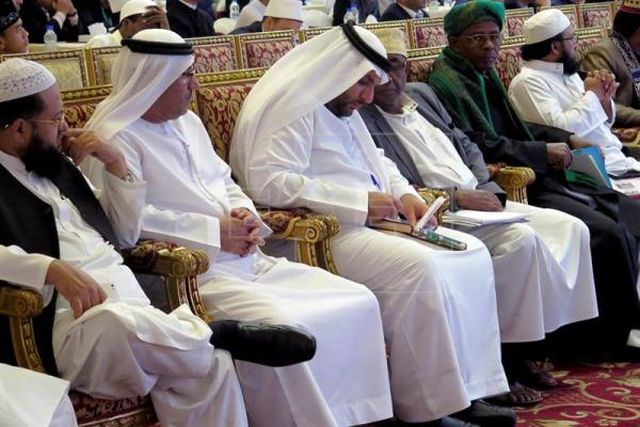
by admin | May 25, 2021 | Muslim World, World

The Arabic script on the signboard of a halal restaurant is seen covered, at Niujie area in Beijing, China, July 19, 2019. (REUTERS)
BEIJING: Authorities in the Chinese capital have ordered halal restaurants and food stalls to remove Arabic script and symbols associated with Islam from their signs, part of an expanding national effort to “Sinicize” its Muslim population.
Employees at 11 restaurants and shops in Beijing selling halal products and visited by Reuters in recent days said officials had told them to remove images associated with Islam, such as the crescent moon and the word “halal” written in Arabic, from signs.
Government workers from various offices told one manager of a Beijing noodle shop to cover up the “halal” in Arabic on his shop’s sign, and then watched him do it.
“They said this is foreign culture and you should use more Chinese culture,” said the manager, who, like all restaurant owners and employees who spoke to Reuters, declined to give his name due to the sensitivity of the issue.
The campaign against Arabic script and Islamic images marks a new phase of a drive that has gained momentum since 2016, aimed at ensuring religions conform with mainstream Chinese culture.
The campaign has included the removal of Middle Eastern-style domes on many mosques around the country in favour of Chinese-style pagodas.
China, home to 20 million Muslims, officially guarantees freedom of religion, but the government has campaigned to bring the faithful into line with Communist Party ideology.
It’s not just Muslims who have come under scrutiny. Authorities have shut down many underground Christian churches, and torn down crosses of some churches deemed illegal by the government.
But Muslims have come in for particular attention since a riot in 2009 between mostly Muslim Uighur people and majority Han Chinese in the far western region of Xinjiang, home to the Uighur minority.
Spasms of ethnic violence followed, and some Uighurs, chafing at government controls, carried out knife and crude bomb attacks in public areas and against the police and other authorities.
In response, China launched what it described as a crackdown on terrorism in Xinjiang.

Now, it is facing intense criticism from Western nations and rights groups over its policies, in particular mass detentions and surveillance of Uighurs and other Muslims there.
The government says its actions in Xinjiang are necessary to stamp out religious extremism. Officials have warned about creeping Islamisation, and have extended tighter controls over other Muslim minorities.

by admin | May 25, 2021 | Muslim World
 Riyadh : Saudi Arabia has granted 2.664 million visas for pilgrims to perform Umrah this year, a 2.79 per cent up over the corresponding period last year, according to official statistics released on Friday.
Riyadh : Saudi Arabia has granted 2.664 million visas for pilgrims to perform Umrah this year, a 2.79 per cent up over the corresponding period last year, according to official statistics released on Friday.
Up till now, 2.250 million pilgrims have entered the kingdom to perform Umrah, a growth of 3.47 per cent over the same period last year, the Saudi Ministry of Haj and Umrah said.
Up to 1.9 million pilgrims have already performed Umrah to date and left the Kingdom, an increase of 3.05 per cent over the same period.
Umrah is an Islamic pilgrimage to Mecca. Unlike Haj, Umrah can be undertaken any time of the year.
—IANS/WAM

by admin | May 25, 2021 | Opinions

Representational Image (google image)
By Amulya Ganguli,
The day before the Bharatiya Janata Party (BJP) waxed eloquent on the triple talaq bill in parliament, saffron bullies confronted a group of Muslims offering namaz (prayers) at a park in Noida, UP.
The attitude of the storm-troopers was both mocking and threatening. Today you are offering namaz, tomorrow you will build a mosque here, they said jeeringly to the obviously intimidated Muslims.
The BJP’s television warriors supported the saffronites during a debate on the subject, arguing that permission has to be taken before “occupying” a public place.
Where the BJP and the Sangh parivar are concerned, there is no question of showering petals from helicopters on the namazis as was done in UP on the kanwariyas or the worshippers of Lord Shiva as they marched along the roads and highways with or without formal permission.
These contrasting attitudes of the party in power at the centre towards Hindu and Muslim devotees – lenience towards the former and sternness towards the Muslims – do not conform to the BJP’s outpouring of concern for the Muslim women who may be victims of the admittedly ludicrous and abhorrent practice of Muslim men summarily divorcing their wives on flimsy grounds.
If the BJP is genuinely concerned about the welfare of Muslim women, its feelings of benevolence and sympathy should be reflected in its attitude towards the entire community and not only towards a particular section.
Since this isn’t the case as the vituperation directed at Muslims by the trolls shows, along with the advice of saffron stalwarts like Vinay Katiyar who want the Muslims to leave India for Pakistan or Bangladesh, or the urging of a BJP MP to dig up the Jama Masjid to uncover the hidden temples, the suspicion wiill be that the BJP’s focus on the triple talaq issue is guided more by political than humane, gender-based considerations.
The party’s calculation apparently is that since the Muslims as a whole are unlikely to vote for it in view of the parivar’s nine-decade-long preference for a Hindu rashtra, it can be politically useful to wean away at least some of the women.
Another objective of the party is to offer a Hobson’s choice to its opponents where opposing the bill will depict them as anti-women while supporting it will mean meekly endorsing their adversary, the BJP’s stance, much to its delight.
For the present, sections of the opposition evaded the trap by walking out of the Lok Sabha before the voting took place. But the issue will come up again in the Rajya Sabha where a clear-cut stance will have to be taken.
As of now, the opposition wants the bill to be sent to a joint select committee since some of the provisions need to be modified, especially the one relating to criminalising the “offence” of divorcing the wife.
Undoubtedly, this is the sticking point, for it is absurd to criminally prosecute a man for a divorce even if his act is whimsical and has no sanction even in other Muslim countries. For such a practice to be prevalent only in India brings no glory to the Muslims.
Ideally, the “reform” in this respect should have come from within the community. However, since the organisations which claim to look after the Muslim interests in India had taken no interest in the matter all these years, it had to be left to the Supreme Court to ban the practice of triple talaq although it did not call for a law.
If the BJP has favoured the legal process, it is for two reasons – both political. One is to look for votes by championing the cause of women’s empowerment, and the other is to send a message to the Muslims (and other minorities) that the present government will not hesitate – unlike its “secular” predecessors – to legislate in matters which fall within the purview of their personal laws even if the triple talaq issue is little short of an outrage which should have been ended long ago.
If the “secular” governments had been hesitant in this regard, the reason undoubtedly was that they were unwilling to interfere in the affairs of a community which suffered from a guilt complex for having caused the country’s partition – a “sin” for which they were accused of being unpatriotic, especially by the Hindu Right.
However, now that a Hindu nationalist government has done what the Left-Liberals were reluctant to do, the latter can rectify some of their earlier lapses such as overturning the Supreme Court judgment in the Shah Bano case on maintenance for divorced women and help in fine-tuning the triple talaq legislation in a manner which will make it acceptable to the political class as a whole.
The BJP’s defeats in the Karnataka, Rajasthan, Madhya Pradesh and Chhattisgarh elections have shown that the triple talaq issue hasn’t been of much help to the party. If it has now rushed through the bill in the Lok Sabha, it is perhaps with the general election in mind.
However, the endeavour of all parties should be to keep the matter as far above politics as possible and ensure that the new law does not penalise either men or the women or the children of divorced parents.
(Amulya Ganguli is a political analyst. He can be reached at amulyaganguli@gmail.com)
—IANS

by admin | May 25, 2021 | Opinions
 By M. Burhanuddin Qasmi,
By M. Burhanuddin Qasmi,
There is no disappointment if the Anti Talaq Bill is passed in the Lok Sabha today (27 Dec. 2018). The outcome was expected as the ruling party has absolute majority in the lower house of Indian Parliament and to display its muscle power the government would by all means pass this Bill.
However, to me, the take aways from today’s debate in the Parliament are:
(1). The whole opposition has clearly opposed this Bill and demanded it is to be sent to Select Committee.
(2). Some opposition speakers have spoken very well against the motion while participating in the debate.
(3). There was some clarity in the opposition as what it has been opposing and why unlike the earlier debate on the same Bill in the same Lok Sabha.
(4) The standard of debate today in the Parliament was high and content came out was important and educative for many.
(5). A few members of the AIMPLB have done hardwork last week and met important opposition leaders from West Bengal to Hyderabad which had partly paid positively.
(6). On the other hand, some speakers from the opposition were lacking in counter arguments, statistics and in putting their views across as how this new Bill is useless, communal and against basic tenets of Indian constitution and Islam.
(6). The opposition failed to state that this Bill is against all Muslims denominations including Shia sect and Salfi school, and plainly against Islam. Among Muslims across the world, the debate on Triple Talaq, has always been, if instant Triple Talaq is three or one effective. The Bill made it completely null and void which is against Qur’an thus against fundamental rights of a minority group and against basic principle of our constitution.
(7). The entire opposition also failed to strongly question the government as how a ‘no-crime’ becomes ‘crime’. Talaq, Talaq, Talaq is meaningless according to this Bill as well as according to the Supreme Court order in 2017. How mere utterance of a meaningless word does become a crime?
(8). The opposition also failed to ask the government about a precise and concise definition of Talaq-e Bida’t.
(9). The opposition could not clarify that this Bill is against Muslim women because it is taking away their rights of Khula (Talaq from wife’s side), guaranteed by their religion – Islam.
(10). The lack of a planned and unity-effort from the larger opposition was clearly visible. They were opposing but without a unanimous tune.
Will this Bill pass in RS?
I am not sure. I am, rather confident that this Bill can be stopped in Rajya Sabha subject to seriousness from the opposition and more preparation from All India Muslim Personal Law Board. It is time for the Board to find out who the speakers will be in the upper house when the Bill is presented there – in Rajya Sabha and brief them with concrete evidence and rational arguments that this Bill itself is utterly against both constitution and women. It is biased against male members of a particular community and a destructve instrument for family life. It is unjust and inhuman.
In a democracy number is important. The Board has already gathered authentic data where 90 percent Muslim women are against this Bill. This information needs to be put by the opposition before the highest legislative house of India. The Board needs to walk to the doors of all opposition parties who have strengths in Rajya Sabha like SP, BSP, AIADMK, DMK along with Congress, TMC, TDP and TRS.
(Author is editor of Eastern Crescent and based in Mumbai.)

by admin | May 25, 2021 | Muslim World

Grand muftis, Islamic religious leaders, from 73 countries participate in the conclusion of the fourth edition of the “Renovations of Fatwa” conference held in Cairo, Egypt, Oct. 18, 2018. EPA-EFE/Shady Roshdy
Cairo : Grand muftis, Islamic religious leaders, from 73 countries on Thursday concluded here a three-day conference aimed at moderating how religious figures discuss Islam so as to counter the effects of extremism and increase the involvement of Muslim youth in peaceful displays of their faith.
During the fourth edition of the conference, held in Cairo and focused on the issuance of “fatwa” – religious guidelines promulgated by religious leaders, participants discussed a broad spectrum of topics, including organ transplants, divorce and stem cells.
“Our main concern in this summit is to redefine fatwa and reclaim fatwa from the radicals,” Ibrahim Negm, adviser to Egyptian Grand Mufti Shawki Allam told Efe.
Touching on topics ranging from divorce and marriage practices to inheritance and scientific activities, a fatwa is released publically as a way for Muslims to live an involved and connected spiritual life in the modern world.
“Our purpose is to revisit the Muslim tradition and … the heritage (writen in) books hundreds of years ago. We want to read them afresh in the light of contemporary issues. We are living in the 21st century, we are living in a global village and this has impacted how fatwas are issued,” Negm added.
The conference also discussed women’s rights and the use of the “niqab,” the long Muslim women’s gown and veil which completely covers the body and face.
“We emphasize the essence rather than the form … the way people dress is different from one Muslim country to another, so you have in the Gulf a certain way of dressing while in Egypt the way Muslims dress is different … (The same is the case) in Turkey. Meanwhile, in Europe Muslim (men and women dress in a different way), this is based on customs and traditions of Muslim community,” Negm stressed.
Negm announced that religious leaders will “launch an online portal that reaches young people and speaks to them in different languages”.
—IANS







